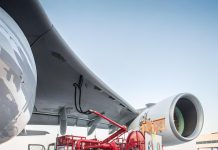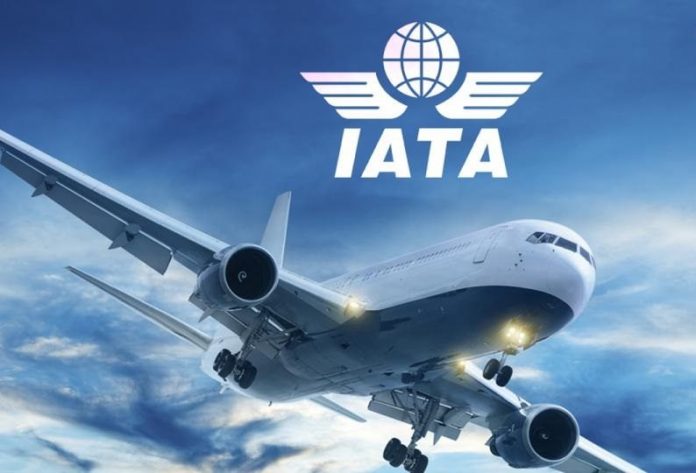The International Air Transport Association (IATA) has raised alarm over more than $1 billion in airline revenues trapped across 26 African countries, representing 73% of all blocked airline funds globally.
Somas Appavou, IATA’s Regional Director for External Affairs in Africa, said the ongoing restriction on repatriation of earnings is crippling international air connectivity, reducing flight frequencies, and forcing airlines to suspend routes—moves that risk serious economic and social repercussions.
“Airlines cannot operate in a market if they are unable to repatriate revenues generated, which are guaranteed under international treaties and bilateral agreements,” Appavou stressed.
He warned that if unresolved, the issue would continue to hurt the continent’s aviation growth, discourage foreign investment, and weaken Africa’s global connectivity.
Speaking through a statement obtained by the News Agency of Nigeria (NAN), Appavou highlighted the sector’s significant economic impact, contributing $75 billion to Africa’s GDP and supporting 8.1 million jobs. With air traffic projected to grow by 4.1% annually and expected to double by 2044, he emphasized that aviation must be seen as an essential driver of development.
“Aviation is not a luxury. It is an economic and social lifeline. Focus Africa is about turning potential into jobs, growth, and prosperity,” he said, referencing IATA’s Focus Africa initiative launched in 2023 to tackle the continent’s aviation challenges.
IATA called on African governments to take immediate steps to:
- – Release blocked airline funds.
- – Prioritise aviation as a catalyst for economic growth.
- – Reduce excessive taxes and charges on air travel, currently 15% higher than the global average.
- – Improve aviation infrastructure through efficient and collaborative planning.
Appavou also stressed the need to enhance safety standards. The effective implementation of International Civil Aviation Organization (ICAO) Standards and Recommended Practices (SARPs) in Sub-Saharan Africa stands at just 59.49%, well below the global average of 69.16% and the 75% target.
He noted that runway excursions were the most frequent accidents in Africa in 2024 and called for stronger adherence to ICAO’s Runway Safety Team initiatives. Of 42 reported accidents from 2018 to 2023, only eight led to published final reports—highlighting weak compliance with ICAO’s Annex 13 on accident investigations.
To strengthen safety oversight, Appavou urged broader adoption of IATA’s Operational Safety Audit (IOSA) and Standard Safety Assessment (ISSA) tools, which support regulatory effectiveness and a risk-based approach to aviation safety.
On infrastructure, IATA emphasized that any charges imposed on airlines should directly support scalable and efficient development, warning against excessive levies that could undermine demand and growth.
“Governments must understand that the greatest value aviation brings is catalytic. Transporting travellers and goods stimulates job creation. Excessive taxation and withheld revenues put a brake on economic and social development,” Appavou said.
He also reaffirmed IATA’s support for the Carbon Offsetting and Reduction Scheme for International Aviation (CORSIA), encouraging African states to maintain alignment with the globally endorsed emissions reduction framework and avoid unilateral carbon taxes.
Despite the challenges, African carriers expanded cargo capacity by 6.2% in June 2025 compared to the previous year, although demand fell by 3.9%. This reflects a broader global trend where capacity is growing faster than demand amid trade tensions and geopolitical disruptions.













